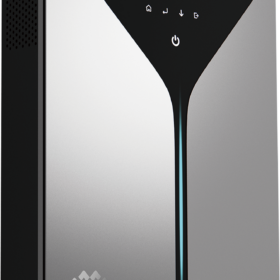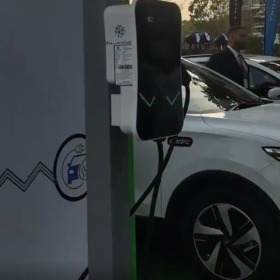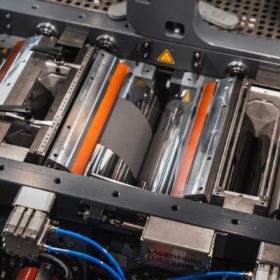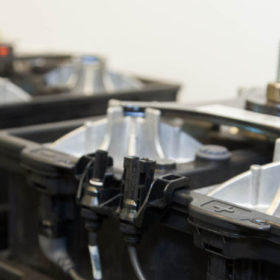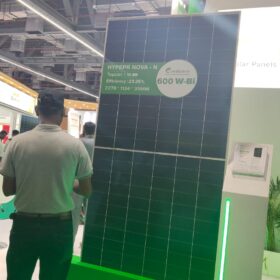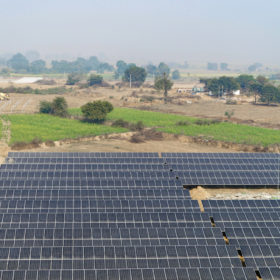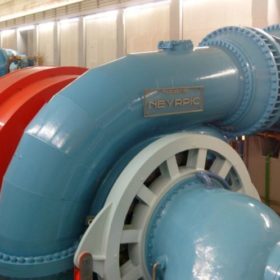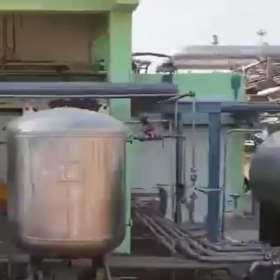Biwatt unveils new residential sodium-ion batteries
Biwatt Power, a Chinese manufacturer, has developed new residential sodium-ion batteries with an efficiency rate of 97% and a projected lifespan of more than 3,000 cycles.
Sodium-ion vs lithium-ion batteries
Lithium-ion batteries remain the preferred choice for electric mobility applications in India due to their higher energy density, well-established infrastructure, and safety record. However, the development of sodium-ion batteries continues, and they may have potential advantages in terms of cost and environmental impact, making them a promising alternative in the future.
Sodium-ion battery anode made from toxic hogweed
Russian researchers have transmuted poisonous Sosnowsky’s hogweed into high-grade anode material for sodium-ion batteries. The obtained material has a Coulombic efficiency of 87%, which is on par with the best reported results for hard carbons synthesized from other raw materials.
A new spin on battery manufacturing
Scientists in Germany developed a new process for manufacturing battery electrodes, that they say could be both more cost effective and environmentally friendly compared to current technologies. The technique could be applied to a range of different battery materials/chemistries and its creators say they are in discussion with a number of battery cell manufacturers regarding pilot production.
Hard carbon for a high-energy sodium battery
Scientists in Japan demonstrated a hard-carbon electrode that can greatly increase the capacity of a sodium-ion battery. With further work on the long-term performance, the discovery could make sodium-ion batteries better able to compete on energy density with their lithium-ion counterparts.
C-MET seeks co-funding partner for lithium and sodium-ion battery cell manufacturing
The selected party will provide funding support of Rs 4 crore by way of design and development of machinery for lithium- and sodium-ion battery cell manufacturing. September 30 is the deadline to submit the interest.
